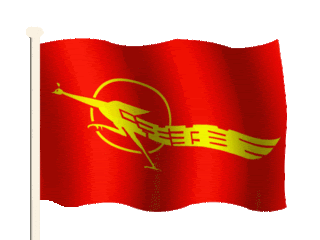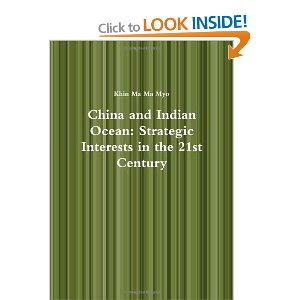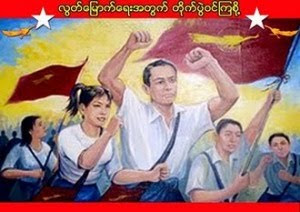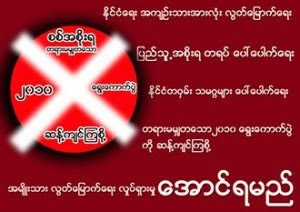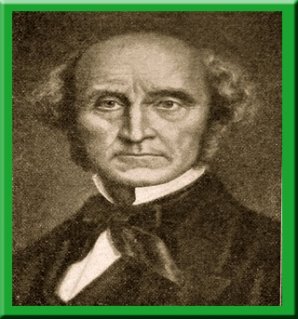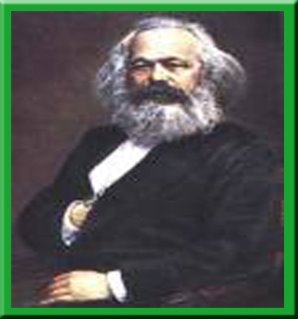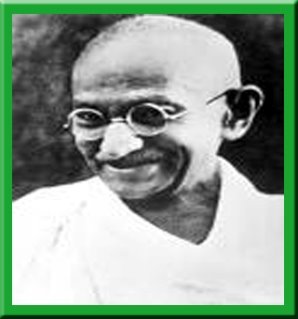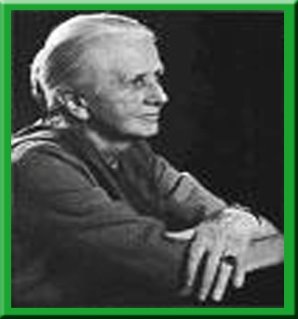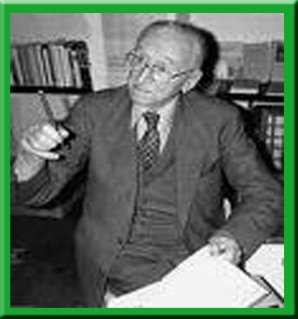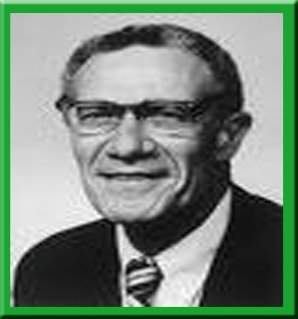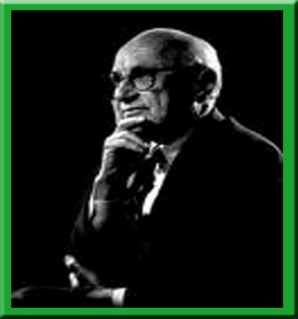In the aftermath of the attacks on the USA of 11 September 2001, President George Bush declared the 'war on terrorism'. Subsequently, the USA and its allies attacked Afghanistan and Iraq. 9/11 was a transformative moment in strategic and conceptual thinking among political class. Many commentators marked the basic shift of the nature of US foreign policy occasioned by the reshaping of the international order. Some analysts used the language of 'imperialism' to mention the role of USA in the post- 9/11 international order. In this essay, I would like to discuss about the different understandings of the concept of imperialism and assess its relevance to the theories of imperialism. I then want to evaluate its meanings for the boundaries of, and challenges to, the liberal international order.
The concept of imperialism or empire
The first sense of empire was originally derived from the Roman Empire and from the impact of Greek and Christian cultures. In this sense, empire was viewed as a hierarchy of polities that produces a universal order based on shared identities, values and interests, in which one power, the imperial or hegemonic power is raised above the others. In short, empire can be seen as a form of rule, even though direct rule is not required; over many territories and peoples, usually associated with an economic and cultural order that proclaims itself for a universal civilization. (Leiven, 2003)
The other sense of imperialism was informed by the radical liberal and Marxist critics. At the end of nineteenth and the beginning of 20th century, conflicts among the great powers over the partition of Africa, the Sino- Japanese War, the Spanish-American War, the South African (Boer) War and the Russo-Japanese War signaled the rise of a new imperialism. In his book of Imperialism: A Study (1902), Hobson claimed as
“The new imperialism differs from the older, first, in substituting for the ambition of a single growing empire the theory and the practice of competing empires, each motivated by similar lusts of political aggrandisement and commercial gain; secondly, in the dominance of financial or investing over mercantile interests.” (Hobson, 1902)
Later, Hobson's notion of imperialism became the basic for the thesis of the classical Marxist theory of imperialism. In his analysis of Imperialism: the Highest stage of Capitalism, Lenin developed a theory of inter-imperialist rivalry referring to the tendency of international competition among capitalists to escalate to political competition among states as a result of the links between national blocs of capital and nation states. He identified the five basic features of imperialism as
“we must give a definition of imperialism that will include the following five of its basic features: (1) the concentration of production and capital has developed to such a high stage that it has created monopolies which play a decisive role in economic life; (2) the merging of bank capital with industrial capital, and the creation, on the basis of this “finance capital”, of a financial oligarchy; (3) the export of capital as distinguished from the export of commodities acquires exceptional importance; (4) the formation of international monopolist capitalist associations which share the world among themselves, and (5) the territorial division of the whole world among the biggest capitalist powers is completed” (Lenin, 1916)
He then emphasized the point of imperialism as the monopoly stage of capitalism and argued that the end result was an increasing militarization of inter-imperialist rivalries.
Alternatively, German Marxist, Kautsky (1970) developed a notion of Ultra- imperialism. It refers to forms of co-operation among imperialist powers in order to secure the mutual interests of internationally operating capitalist firms and the leading capitalist states. Lenin criticized Kautsky's arguments as utopian because there was no agency in the international system. However, theories of US super-imperialism; referring to a situation in which one imperialist power is sufficiently powerful to perform general political and geopolitical functions for all the leading capitalist states and in which subordinate states defer to that leadership, argued that Kautsky's world has been achieved by Leninist means. (Bromley, 2004: 152)
By using these different understandings of the concept of imperialism, we can assess its relevance to describe the nature of US power in the post- 9/11 international order.
The nature of US power and its relevance to imperialism concepts
Power is the ability to influence the behavior of others. Military force and economic sanctions are among the various means that states and non-state actors use to try to influence each other. The nature of US power can be categorized into three different senses relating to theories of imperialism. Firstly, US has been shaping the international order by virtue of the territorial power of the USA being raised above the others and by means of Americanism being something that others want to emulate. Secondly the world can be seen as a series of rival imperialism, configured in postures of inter-imperialist rivalry but pacified by the overwhelming military power of US imperialism. Thirdly, the relationships among the leading capitalists states can be seen as altogether more co-operative based on the mutual interests of internationally organized capitalist firms and markets.
Moreover, USA also performs the role of coordination cooperation among the capitalist powers as a hegemonic coordinator. It has played a key role in bringing a liberal capitalist order into being. However, the success of the USA in designing this order and the expansion in a number of key institutions such as the International Monetary Fund (IMF) and the World Trade Organization (WTO), has been challenging the economic dominance of USA. Despite of its privileged role, the USA can achieve its national objectives by working with others in a multipolar world economy.
On the other hand, the states- system is unipolar in terms of military power. Militarily Speaking, the strategic imperative for the USA is to continue to manage the regional balance in the USA- Russia- China triangle outside the liberal core and forestall the emergence of threatening regional hegemon. For the transatlantic alliance, the strategic imperative for the USA is to develop further forms of cooperation. Despite of the development of civilian power along with European integration, European Union's distributive power is only economic, while the US has both economic and military power.
However, this American Empire as the predominant military and economic force in the world has been less stable and less durable after 9/11 attack. Cox (2004) claimed as
“ US unilateralism and its use of coalitions of the willing in impatience with opposition by the majority of states and peoples has divorced the exercise of US power from the legitimacy of universal consent. The American public's sustained support for US military intervention is dubious. The ability of US forces to construct viable administrations in occupied territories has become very doubtful” (Cox, 2004: 312)
In the next section, I would like to discuss about the boundaries of, and challenges to, the liberal capitalist order after the declaration of 'war on terrorism” by the President of the United States of America.
The boundaries of, and challenges to, the liberal capitalist order
The 'war on terrorism' was not the first point of concern for the world when USA and its allies attacked on Afghanistan. However, the subsequent mobilization against Iraq and the new doctrine of pre-emption at work in US foreign policy have raised concerns about the US empire. After the invasion of Iraq, a group of western European notables, published a declaration reaffirming the vital importance of Europe's association with the USA (Cox, 2004: 315) Critics argued that the balance of rule shifts in a more coercive action with the declination of the economic components of US super- imperialism.
From Marxist gloss, Ellen Meiksins Wood claimed that invasion of war represents a declaration of war on all states that dared to challenge the US- dominated international order and a declaration of infinite war in which US super-imperialism would discipline other states in the system. (Wood, 2002: 25) So it is clear that post- 9/ 11 international order has been shifted from containment and deterrence to a doctrine of pre-emption in which the USA reserved the right to strike militarily adversaries abroad. Before 9/11, US policy towards Iraq was one of the containment and deterrence based on the principles of UN monitored disarmament and economic sanctions After 9/ 11, the logic of polices were shifted.
Strategically speaking, the action in Afghanistan was simply a defensive response, in contrast, the war on Iraq was clearly a preemptive response. A new strategy for dealing with the 'west Asian crisis' as called by Halliday has emerged to establish common interests by means of national building because 'Americanism' was established hardly in the west Asian region including the Arab states of Middle East, Iran, Afghanistan and Pakistan (Halliday, 2002).
In addition, strategic and resource significance plays an important role in the emergence of US imperialism. According to the prediction, over two thirds of the world's oil will come from the the Persian Gulf Region by 2020. So the oil and gas resources of the Middle East and Central Asia have become a vital interest by the western capitalist powers as well as China and India. In fact economic interest was the first priority, as Noam Chomsky pointed out that the real motive of US invasion was merely establishing the first secure military based in dependent client state at the heart of the energy producing region of the world. (Chomsky, 2004)
However, the imperial policy of US can trigger the temptation and the danger for itself because imposing unilateral interests can provoke some powers to balance against it. Moreover, compellance strategy of using the military power to forcibly change political circumstances can only work for some countries if they do not have nuclear weapons. So US should not adopt this strategy as a general recipe for the international order to discipline states.
Indeed, there should be some social movements to induce the rise of American imperialism and the mind-sets and thinking styles of the people all over the world. Cox suggested to induce an American 'hyper- power' to abandon the mirage of 'exceptionalism' and bring it back into membership along with other states in a community of nations. He also advised to bring the thinking of the global people back to the choices between one homogenous world to be shaped into one civilization and a plural world of coexisting civilizations as well as between a fundamentalist drive towards an absolutist moral unity and an expectation of diversity with tolerance and a willingness to confront the frustrations of a search for consensus on diverse issues. (Cox, 2004; 314-319)
Conclusion
To summarize, the nature of US imperialism in the post- 9/11 international order is based on the model that seeks others to emulate and to coordinate power in an ultra- imperialist model. But the role of US military power in a coordinated liberal capitalist international order is more ambiguous than the simple balance of power of super-imperialist considerations.
Khin Ma Ma Myo
References
Bromley, S. (2004) “American Power and the future of international order” in Brown, W.; Bromley, S. & Athreye, S. (eds) Ordering the International: History, Change and Transformation, Pluto Press, London
Cox, P. (2004) “Beyond empire and terror: critical reflections on the political economy of world order”, New Political Economy, 9 (3), pp. 307-323
Chomsky, N. (2004) “On American Imperialism and British Me Too-ism, BBC News, May 19, 2004, Online Version
Hobson, J. (1902) Imperialism: A Study, Online Version
Halliday, F. (2002) Two hours that shook the world, September 11, 2001: Causes and consequences, London, Sarfi books
Kautsky, K. (1970) “Untra-imperialism”, New Left Review 1, 59, pp. 41-46, 2nd edition
Leiven, D. (2003) Empire, Pimlico, London
Lenin, V. (1916) Imperialism: the Highest stage of capitalism, Online Version
Wood, E. M. (2002) “Infinite War”, Historical Materialism, 10 (1), pp. 7-27
အျပည့္အစံုဖတ္ခ်င္ရင္..>>>
ျပန္ေခါက္ထားခဲ့ပါ..>>>

